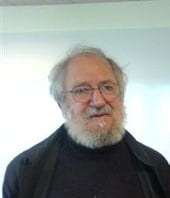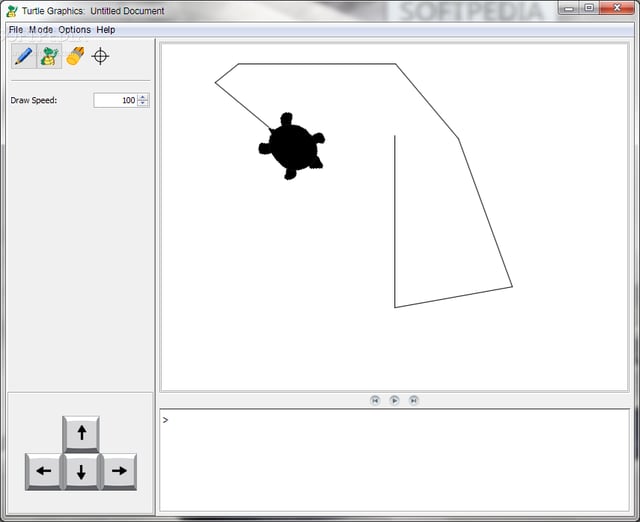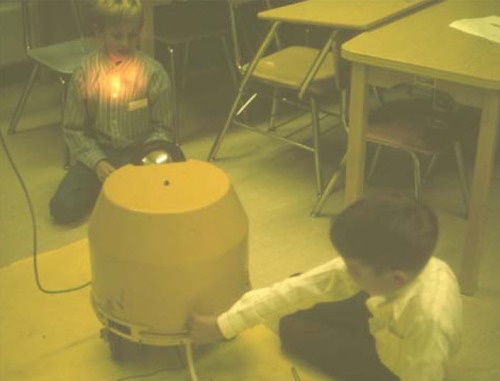
Seymour Papert, one of the grand old men of educational technology, died last week at age 88. Long before the personal computer and the Internet, long before this generation’s computer heroes like Bill Gates and Steve Jobs brought the digital age to the classroom, Seymour Papert and his colleagues realized that computers would change education. They developed the first computer language for children in 1967.
They called the language Logo. Logo Programming Language opened the way for today’s children’s programming languages like Scratch and Scratch Jr. that teach kids in a manner that makes programming fun. Logo used “turtle graphics” to create line graphics on a screen and a few years later (1969) on paper under the feet of a robotic turtle. (Actually the lineage of the graphics producing robotic turtle goes back to ancient computer times, the 1940’s!)


First Turtle Programmed with Logo 1970
Prescient as ever, Seymour Papert was ready when the first personal computers came out between 1975 and 1981. In 1980 he published Mindstorms: Children, Computers, and Powerful Ideas. It was his view that children could learn to use those newly developed computers ( today most adults think children can learn to use computers faster than their elders can!), and that computers could change the way they learned everything (the years since have shown this to be true).
As everyone knows, Mindstorms is now the name of the Lego Mindstorms programmable construction set system; an interesting intersection of ideas and reality as Papert’s theory of learning was dubbed “constructionism.” He believed that computers could form a “Mathland,” a virtual space where kids could learn math and other technical concepts the way they learn a foreign language living in a foreign country.
Another pioneer in the field of educational technology is dead. His ideas live on. He believed--and helped it happen--that personal computers and the digital age had changed everything, including education. As he said in 2000, "The idea that you could have business as usual in the learning domain in the coming century is as absurd as business as usual in the medical domain after the discovery of germs...." No doubt his wisdom will be sorely missed by educators.

